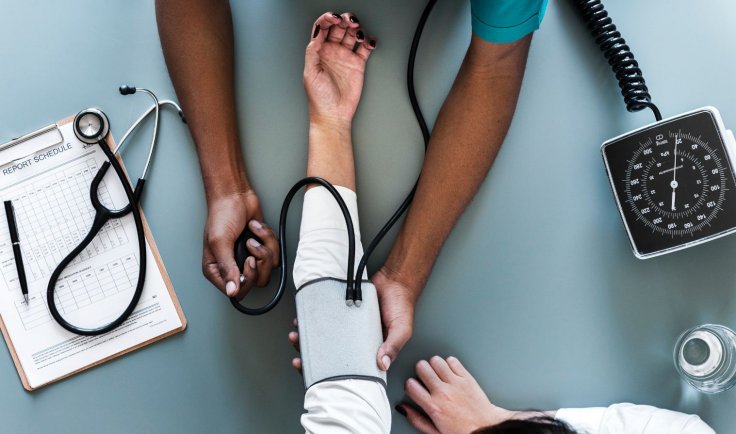A study presented at the ESC Congress 2020 has found that there is no evidence to prove the medications for lowering blood pressure may raise the risk of cancer. A possible connection between cancer and blood pressure drugs has been debated for over 40 years. However, evidence to make a conclusive link between the two has been conflicting and inconsistent.
Emma Copland, study author, said, "Our results should reassure the public about the safety of antihypertensive drugs with respect to cancer, which is of paramount importance given their proven benefit for protecting against heart attacks and strokes."
Effect of BP Drugs on Cancer Risk

This was the largest study on cancer outcomes in participants of randomized trials investigating antihypertensive medication - around 260,000 people in 31 trials. Investigators of all trials were asked for information on which participants developed cancer. Much of this information has not been published before, making the current analysis the most detailed yet.
Five antihypertensive drug classes were investigated separately: angiotensin-converting enzyme (ACE) inhibitors, angiotensin II receptor blockers (ARBs), beta-blockers, calcium channel blockers (CCBs), and diuretics.
The investigators estimated the effect of each drug class on the risk of developing any type of cancer, of dying from cancer, and of developing breast, colorectal, lung, prostate and skin cancers. They also examined whether there were any differences according to age, gender, body size, smoking status and previous antihypertensive medication use before taking part in the trial.
No Important Effect Observed
During an average of four years, there were around 15,000 new diagnoses of cancer. The researchers found no evidence that the use of any antihypertensive drug class increased the risk of cancer. Each drug class was compared against all other control groups, including placebo, standard treatment and other drug classes.
According to the study, there was no important effect on any individual drug class on overall cancer risk. "Our study has addressed an ongoing controversy about whether antihypertensive medication increases the risk of developing cancer," the study authors wrote.
"We used the largest individual-level randomized evidence on antihypertensive medication to date and provide evidence for the safety of blood pressure-lowering drugs in relation to cancer," they noted.
(With inputs from agencies)









